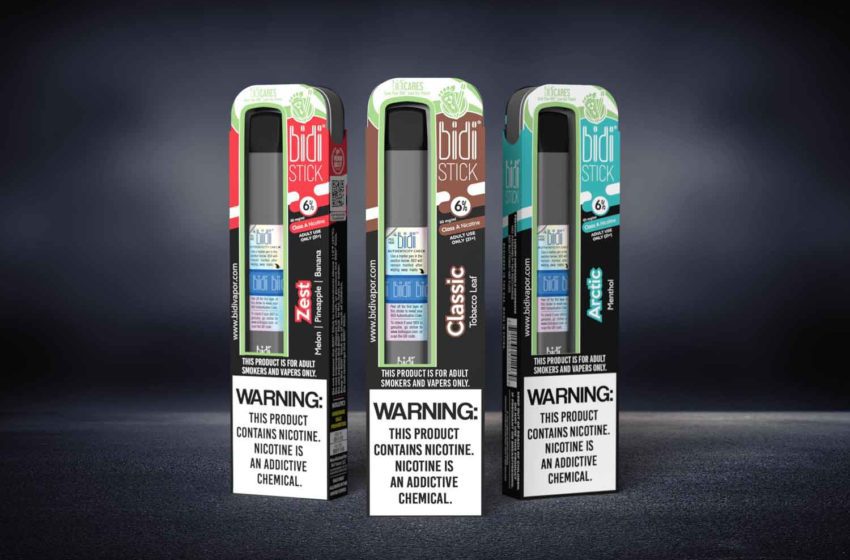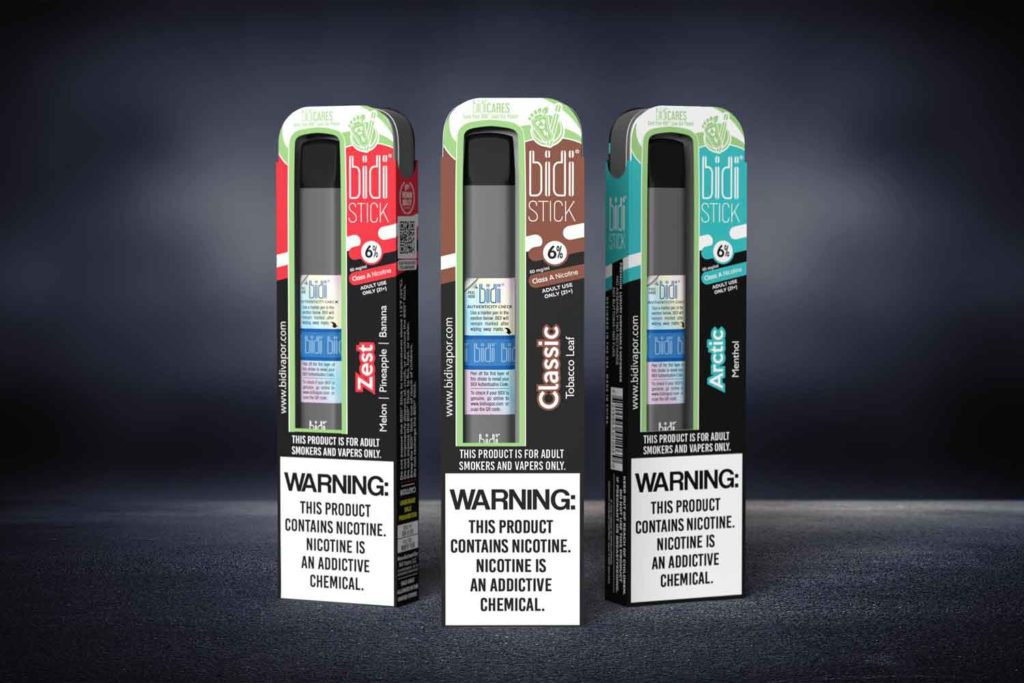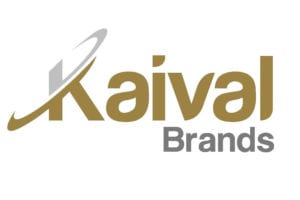
(Photo: Kaival Brands Innovations Group)
Kaival Brands Innovations Group Founder and CEO Nirajkumar Patel will transition to chief science and regulatory officer. Eric Mosser, the company’s current chief operating officer, will become president and remain COO. Mosser will serve as the company’s principal executive officer for purposes of its filings with the Securities and Exchange Commission. Patel will remain on the board of directors for Kaival Brands.
The management changes follow the company’s recently announced international licensing agreement with Philip Morris Products (PMP) on June 13, 2022.
The agreement grants to PMP a license of certain intellectual property rights relating to Bidi Vapor’s premium electronic nicotine delivery system (END”) device, the Bidi Stick, in the U.S., as well as potentially newly developed devices, to permit PMP to manufacture, promote, sell and distribute such ENDS device and newly developed devices, in markets outside of the U.S.

“What Mr. Patel has accomplished, from initial concept to an international distribution agreement with Philip Morris is extraordinary,” said Mosser in a statement. “With unwavering belief and integrity, he established himself as a true visionary within the vaping category.
Mr. Patel has been both inventor and salesman, developing a product and everything that goes around it to make it successful. We have grown from a no-name brand to the No. 1-selling self-contained disposable ENDS device in the U.S based on the Nielsen retail sales data for the 52-week period ending June 4, 2022, according to a recent Goldman Sachs’ Equity Research Report.”
The transition will allow Patel to focus on developing new products and expanding the Bidi Vapor product portfolio, which is directly related to the new agreement with PMP, and allow Mosser to focus on expanding sales distribution channels and increasing the revenues and profits of Kaival Brand.
“My passion for the business is in creating, designing and delivering new products for adult tobacco users to the market,” said Patel. “Mr. Mosser understands the core values, mission and goals of the Company, and I am confident he will take Kaival Brands to new levels.”
The management changes are effective immediately, with roles and responsibilities to transfer over the coming weeks.








 Bidi Vapor will continue to manufacture and market its Artic (menthol) Bidi Stick in the United States despite receiving a marketing denial order (MDO) for the product, according to a
Bidi Vapor will continue to manufacture and market its Artic (menthol) Bidi Stick in the United States despite receiving a marketing denial order (MDO) for the product, according to a 






